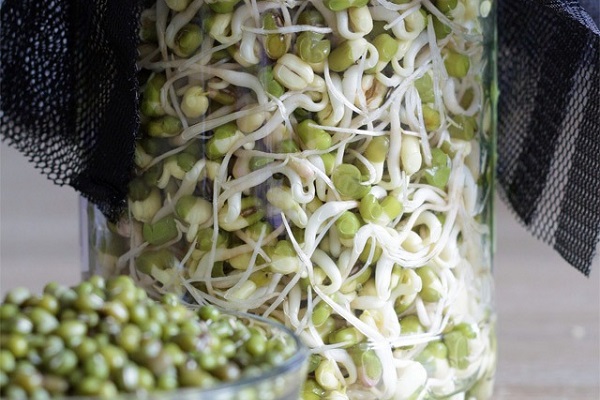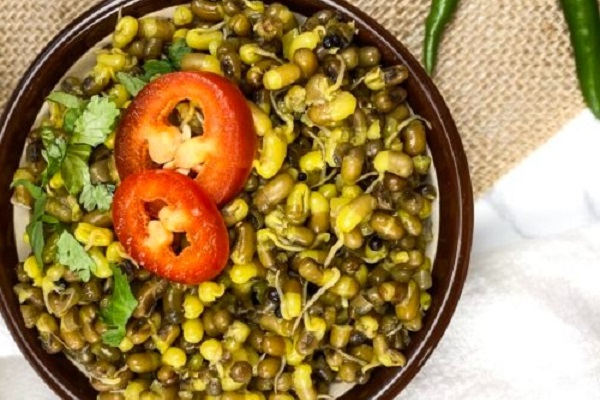Bean sprouts is the one of the best salad toppings which is loaded with plenty of nutrients. Bean Sprout is a crunchy, satisfying ingredient that can be the perfect combo for salads to noodle soups which are low in calories and have a light, fresh flavor. There are varieties of types of delicious bean sprouts are found. Some types of bean sprouts are:
- Mung Bean Sprouts
- Soybean Sprouts
- Adzuki Bean Sprouts
- Chickpea sprouts
- Lentil Sprouts
- Kidney bean sprouts
- Pea sprouts
Nutritious Facts of bean sprouts
Mung Bean Sprouts
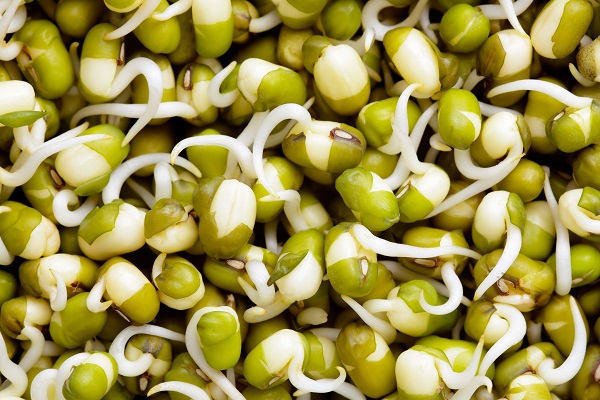
1 cup (104 grams) Mung Bean Sprouts
- Calories: 31
- Carbs: 6 grams
- Protein: 3 grams
- Vitamin C: 15% of the DV
- Folate: 16% of the DV
- Iron: 5% of the DV
Soybean Sprouts
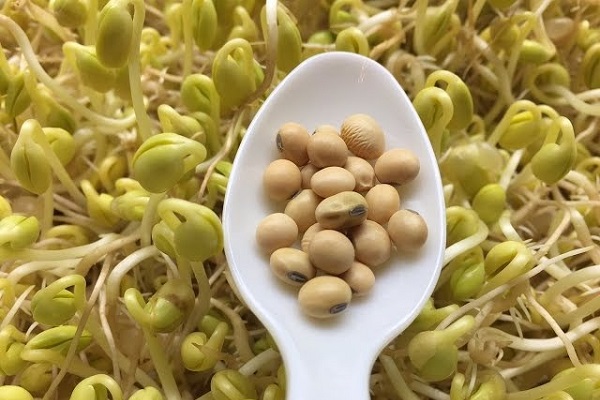
1 cup (70 grams) Soybean Sprouts
- Calories: 85
- Carbs: 7 grams
- Protein: 9 grams
- Fat: 5 grams
- Vitamin C: 12% of the DV
- Folate: 30% of the DV
- Iron: 8% of the DV
Adzuki Bean Sprouts
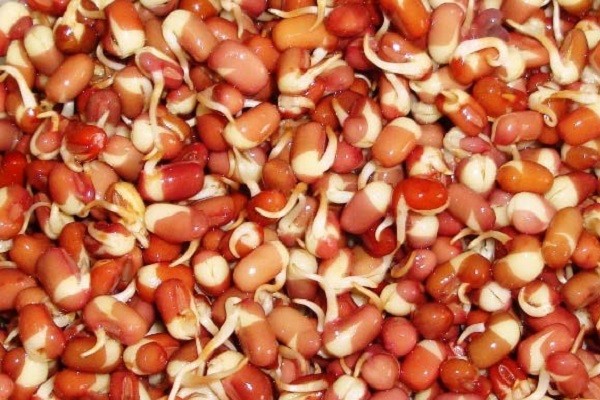
1 cup (133 grams) Adzuki Bean Sprouts
- Calories: 466
- Carbs: 84 grams
- Protein: 31 grams
- Fat: 1 gram
- Vitamin C: 17% of the DV
- Iron: 40% of the DV
Chickpea sprouts
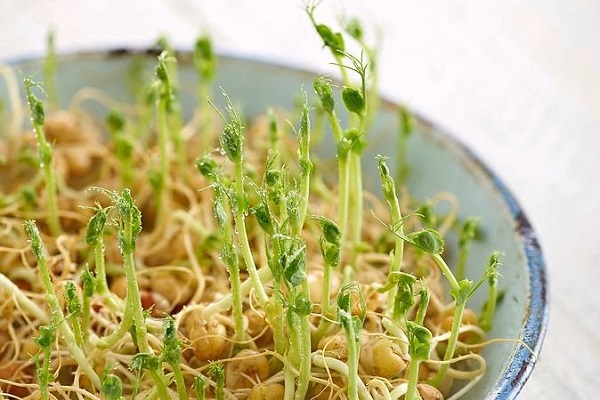
Science Photo Gallery
1 cup (140 grams) of chickpea sprouts
- Calories: 480
- Carbs: 84 grams
- Protein: 36 grams
- Fat: 8 grams
- Vitamin C: 5% of the DV
- Iron: 40% of the DV
Lentil Sprouts
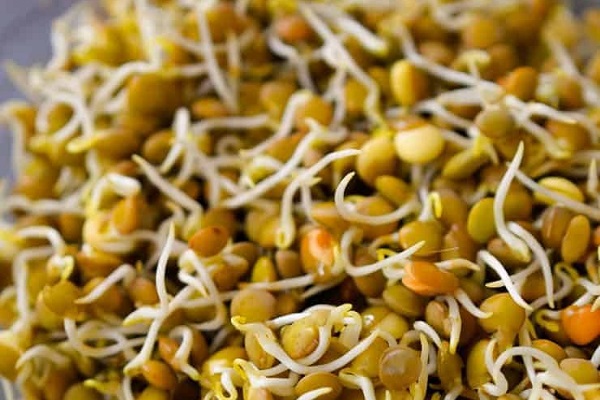
The Stingy Vegan
1 cup (77 grams) of lentil sprouts
- Calories: 82
- Carbs: 17 grams
- Protein: 7 grams
- Fat: 0.5 grams
- Vitamin C: 14% of the DV
- Folate: 19% of the DV
- Iron: 14% of the DV
Kidney bean sprouts
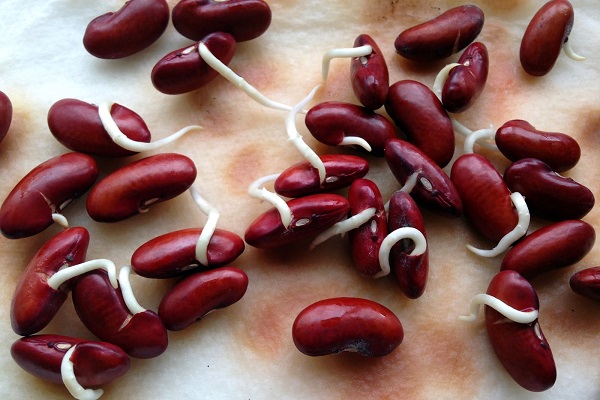
1 cup (184 grams) of kidney bean sprouts
- Calories: 53
- Carbs: 8 grams
- Protein: 8 grams
- Fat: 1 gram
- Vitamin C: 79% of the Daily Value (DV)
- Folate: 27% of the DV
- Iron: 8% of the DV
Pea sprouts
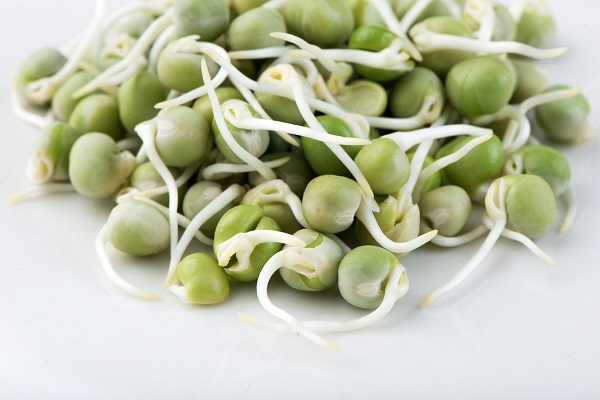
1 cup (120 grams) of Pea sprouts
- Calories: 149
- Carbs: 33 grams
- Protein: 11 grams
- Fat: 1 gram
- Vitamin C: 14% of the DV
- Folate: 43% of the DV
- Iron: 15% of the DV
Health benefits of Bean Sprouts
1. Rich in nutrients
As I have already mentioned above bean sprouts are rich in essential nutrients which include, vitamins C, K, and A, folate, fiber, and minerals like manganese and potassium. Bean sprouts have all the essential nutrients that the human body needs and nutrient-dense food is associated with a slightly decreased risk of heart disease, diabetes, and all-cause mortality
2. Loaded with antioxidant properties
Beans sprouts are high in flavonoids, and phenolic acids that help combat oxidative stress and reduce the risk of chronic diseases like heart disease and cancer.
3. Sprouts Are Good for Digestion
Beans sprouts are easy to digest and good for digestion beacuses, sprouting helps release enzymes from the plant that can help your body better absorb minerals. Not only this, beans sprouts also helps in the improvements of igestion, reduce gas, and improve overall gut health. Beans sprouts contain fiber which supports our digestive heath by promoting regular bowel movements and preventing constipation.
4. Sprouts are good for heart health
Beans sproyts are main supporters for the heathy hearts, they help sto regulae blood pressure, cholesterol, and levels of triglyceride (fats in the blood). As i already mentioned that beans sprouts are loaded with numerious health benfits and nutious, as beans sprouts also conatins Vutamin K may lower the risk of cardiovascular disease related to atherosclerosi (when fats, cholesterol, and other substances build up in and on the artery walls)
5. Sprouts Are Good for Your Eyes
The compunded called antioxidants found in the bean sprouts helps to defend against oxidative stress and help prevent disease progression in age-related macular degeneration, cataracts, and glaucoma. Where AMD leads to loss the vission at the age of 55 so Antioxidants may help reduce your risk of developing AMD.
What are the health Risks of Bean Sprouts:
Bean Sprouts have also some of the health risk, there health ricks of Bean Sprouts are
- Microbial Contamination: If Bean Sprouts are not handled properly or stored carefully, it can be breeding ground for harmful bacteria like E. coli and Salmonella. Similalry of we consumes this types of bactrial then it can lead to foodborne illness.
- Allergic reations: Howevere tehre are some people who may be allergic to certains tupes of sprouts which leading to allergic reactions ranging from mild to servere.
How it is made- Beans sprouts?
Soaking: This is the first process of making beans sprouts where this is usally done by soaking the beans (such as mung beans or soybeans) in water for several hours or overnight.
Rise and Drain: After done with the process of soaking the beans, rise the beans thoroughlt and then drained. By drainng process it helps to remove any dirt or impurities and initiates the sprouting process.
